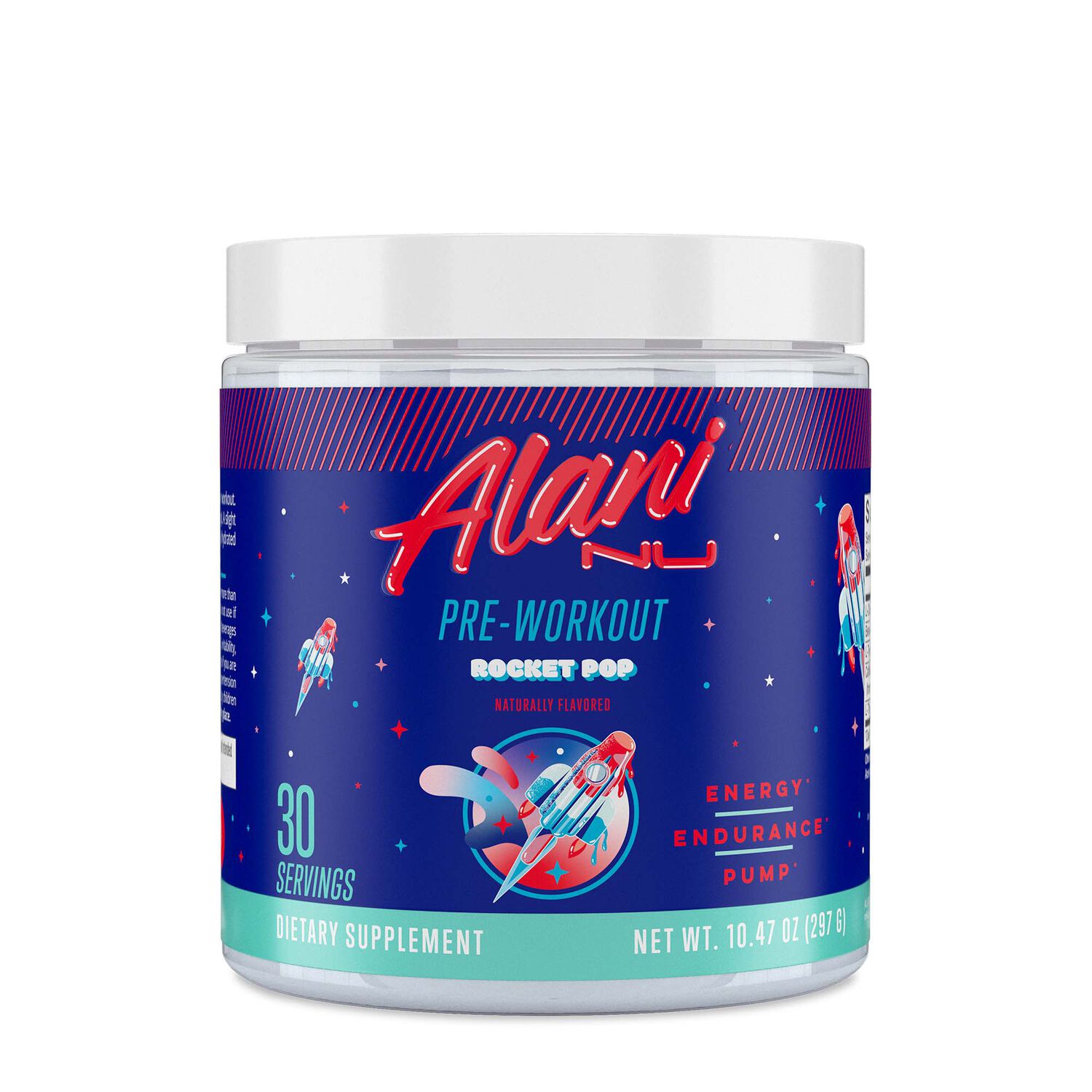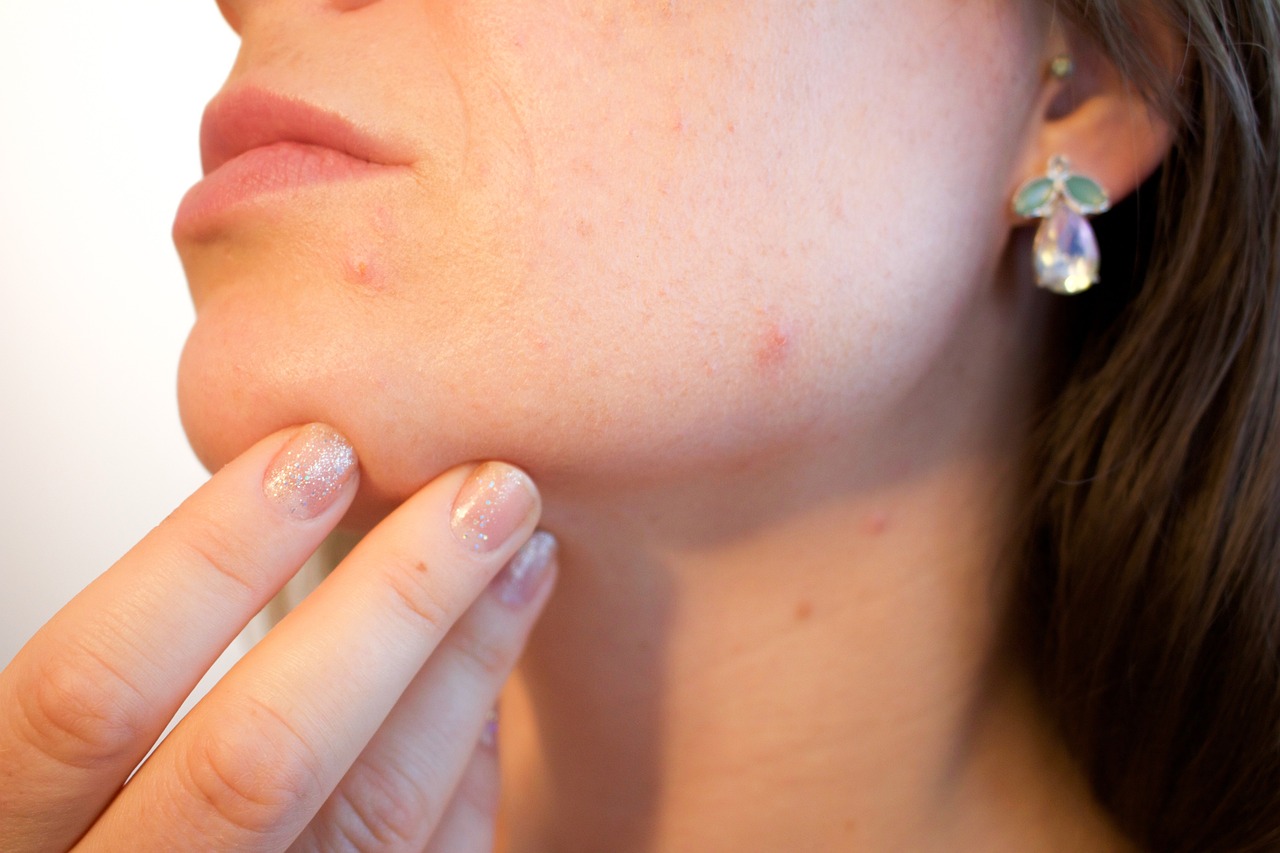How Vitamin A Derivatives effectively treat Severe Acne?

Definition of Vitamin A derivative
Vitamin A derivatives are a group of compounds that are derived from vitamin A, a fat-soluble vitamin that plays a crucial role in maintaining healthy skin, vision, immune function, and reproductive health. These derivatives are used in the treatment of a variety of skin conditions, including severe acne, psoriasis, and other inflammatory skin disorders.
Importance of Vitamin A in the body
Vitamin A is an essential nutrient that the body needs for a variety of functions. It is crucial for maintaining healthy vision, especially in low-light conditions, and it is also important for immune function, bone health, and reproductive health. Vitamin A is found in many foods, including liver, eggs, and dairy products, and can also be obtained through supplements.
Severe acne and its impact on the skin
Severe acne is a common skin condition that affects millions of people worldwide. It is characterized by the development of large, painful cysts and nodules on the skin, which can lead to scarring and other long-term damage. Severe acne can have a significant impact on a person’s quality of life, causing embarrassment, social isolation, and even depression. Treatment options for severe acne include topical medications, oral antibiotics (buy isotretinoin online), and hormonal therapies, but in some cases, these treatments may not be effective. Vitamin A derivatives, such as retinoids, have been shown to be highly effective in treating severe acne and improving the overall health and appearance of the skin.
Role of Vitamin A in the skin
Vitamin A plays a critical role in maintaining healthy skin. It is involved in regulating the growth and differentiation of skin cells, as well as the production of sebum, a type of oil that helps to lubricate and protect the skin. Vitamin A also has antioxidant properties that help to protect the skin from damage caused by free radicals, which can contribute to the development of acne.
Mechanism of action of Vitamin A derivative in treating acne
Vitamin A derivatives work by targeting the underlying causes of acne. They help to regulate the growth and differentiation of skin cells, which can help to prevent the formation of clogged pores and reduce inflammation. Vitamin A derivatives also have anti-inflammatory properties that can help to calm redness and swelling associated with acne.
Retinoids, a type of Vitamin A derivative, work by binding to specific receptors in the skin cells, which helps to regulate cell turnover and prevent the formation of clogged pores. Retinoids also help to reduce inflammation and improve the overall texture and appearance of the skin.
Isotretinoin, another type of Vitamin A derivative, is highly effective in treating severe acne. It works by reducing the size and activity of the sebaceous glands, which produce sebum. Accutane generic also helps to regulate the growth and differentiation of skin cells, which can help to prevent the formation of clogged pores and reduce inflammation.
Benefits of Vitamin:
A derivative over other acne treatments One of the main benefits of Vitamin A derivatives in treating severe acne is their ability to target multiple underlying causes of acne, including clogged pores, inflammation, and excess sebum production. Vitamin A derivatives also have a lower risk of bacterial resistance compared to other acne treatments, such as antibiotics. Additionally, Vitamin A derivatives have been shown to have long-lasting effects on the skin, with improvements in acne symptoms continuing even after treatment has ended.
Types of Vitamin A derivatives used in acne treatment
Retinoids:
Retinoids are a class of Vitamin A derivatives that are commonly used in the treatment of acne. They work by regulating cell turnover and preventing the formation of clogged pores, which can lead to the development of acne. Examples of retinoids used in acne treatment include tretinoin, adapalene, and tazarotene.
Isotretinoin
Isotretinoin is a highly effective Vitamin A derivative used in the treatment of severe acne that is unresponsive to other treatments. It works by reducing the size and activity of the sebaceous glands, which produce sebum, and by regulating the growth and differentiation of skin cells. Isotretinoin is usually taken orally and requires close monitoring due to its potential for accutane side effects.
Adapalene
Adapalene is a retinoid that is used to treat mild to moderate acne. It works by regulating cell turnover and preventing the formation of clogged pores, which can lead to the development of acne. Adapalene is available in topical formulations and has been shown to be highly effective in improving the overall appearance of the skin.
Tretinoin
Tretinoin is a retinoid that is used to treat acne, as well as other skin conditions such as fine wrinkles, dark spots, and rough skin. It works by regulating cell turnover and preventing the formation of clogged pores, which can lead to the development of acne. Tretinoin is available in topical formulations and requires close monitoring due to its potential for skin irritation and sun sensitivity.
Future research on Vitamin A derivative in acne treatment
Research on the use of Vitamin A derivatives in acne treatment is ongoing, and there are several areas of focus for future research. These include:
- Combination therapies: While Vitamin A derivatives are highly effective in treating acne, they are often used in combination with other medications, such as antibiotics or benzoyl peroxide. Future research could explore the optimal combinations of medications for the treatment of different types of acne and for different patient populations.
- New formulations: Topical formulations of Vitamin A derivatives can be effective in treating acne, but they can also cause skin irritation and dryness. Future research could focus on developing new formulations of Vitamin A derivatives that are better tolerated by patients, such as microencapsulated formulations or slow-release formulations.
- Long-term safety: While Vitamin A derivatives are generally safe and well-tolerated, long-term use of these medications can be associated with certain side effects, such as increased sun sensitivity and thinning of the skin. Future research could explore the long-term safety of these medications and identify ways to minimize the risk of side effects.
- Personalized medicine: Not all patients respond to Vitamin A derivatives in the same way, and some patients may experience more severe side effects than others. Future research could focus on developing personalized approaches to acne treatment, based on factors such as a patient’s age, sex, genetics, and other health conditions.
- Non-inflammatory acne: While Vitamin A derivatives are highly effective in treating inflammatory acne, they may be less effective in treating non-inflammatory acne, such as blackheads and whiteheads. Future research could explore the use of Vitamin A derivatives in treating non-inflammatory acne, as well as the optimal dosing and duration of treatment for these types of acne.




